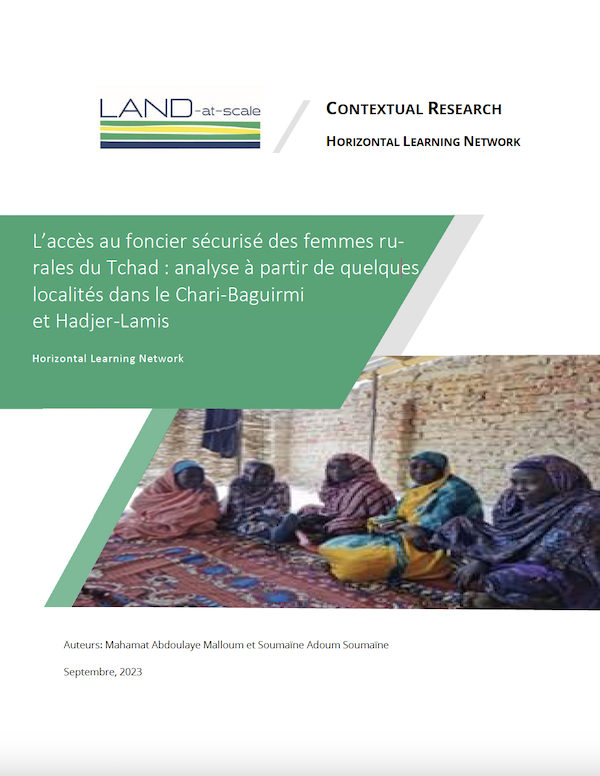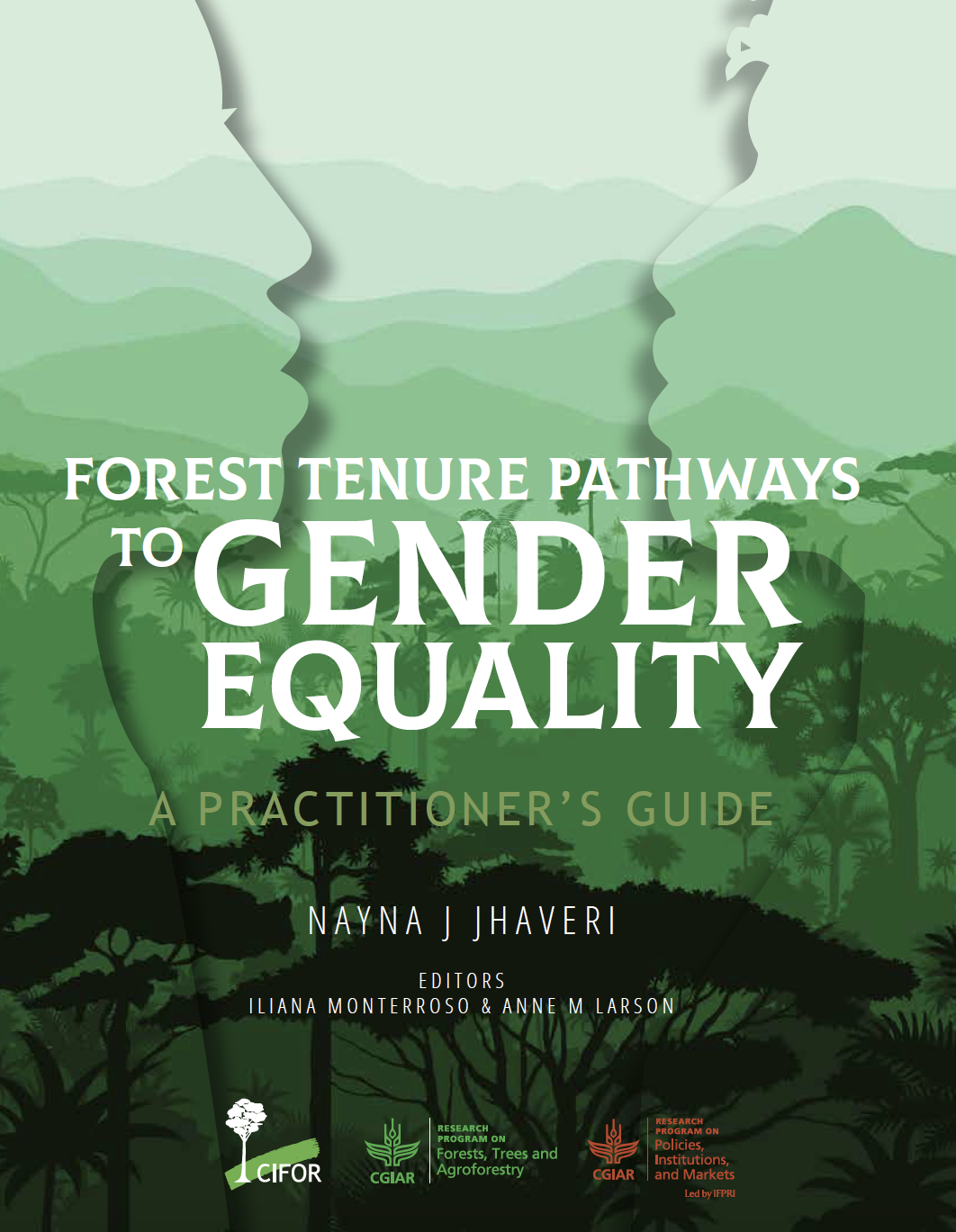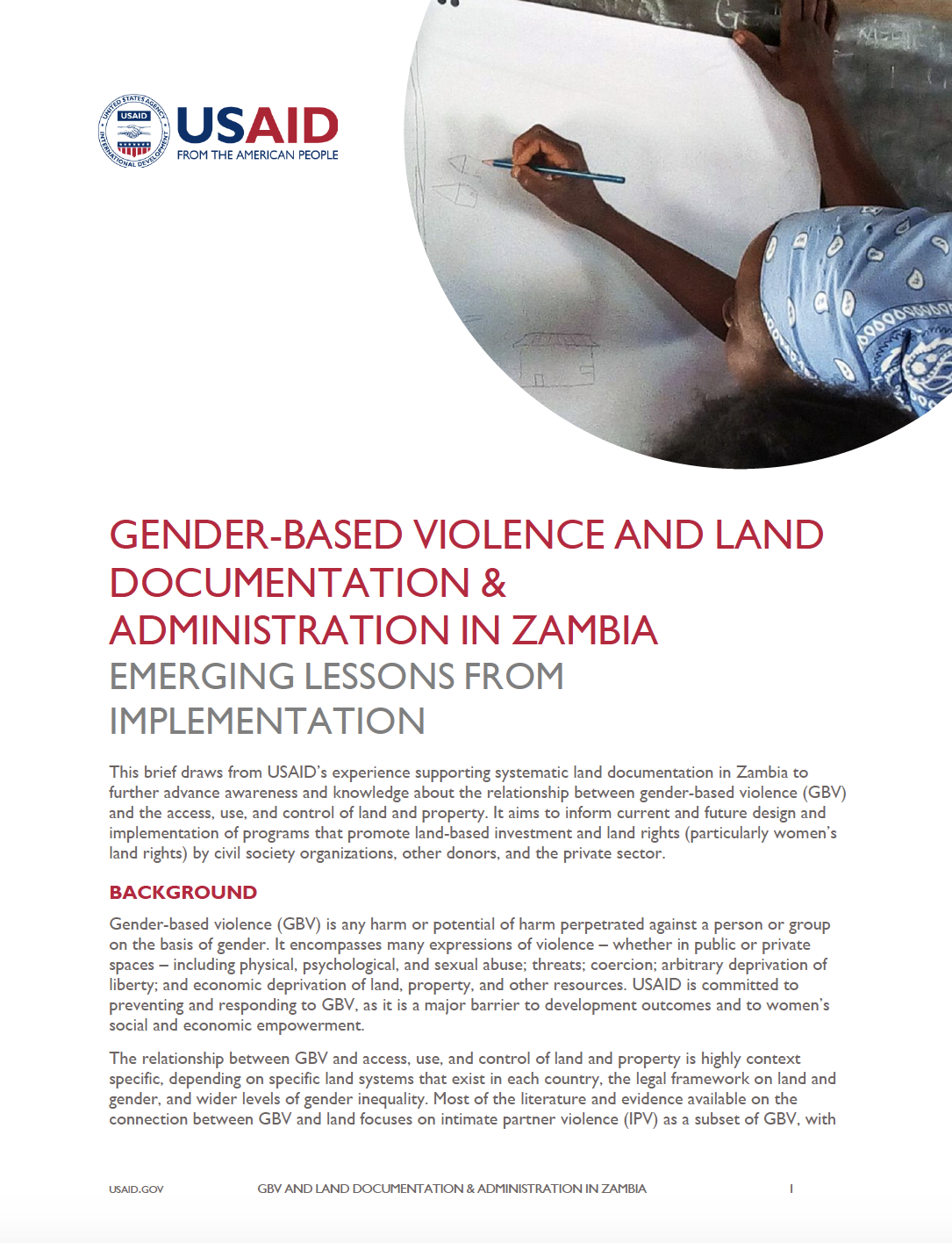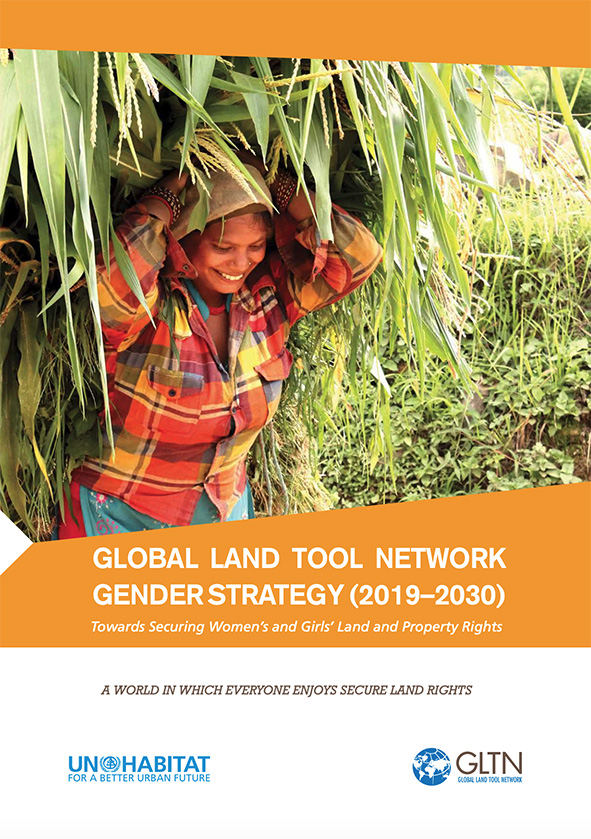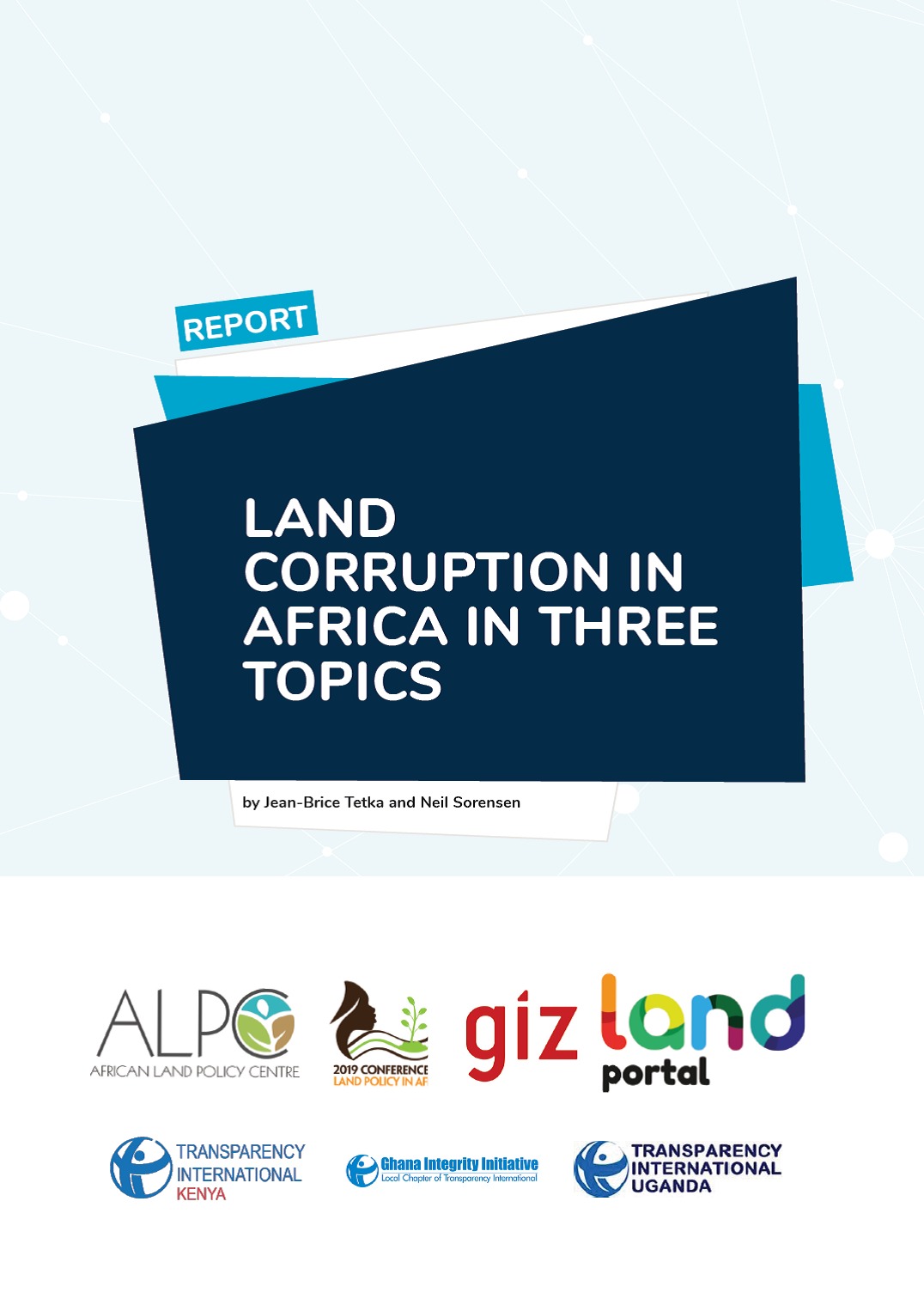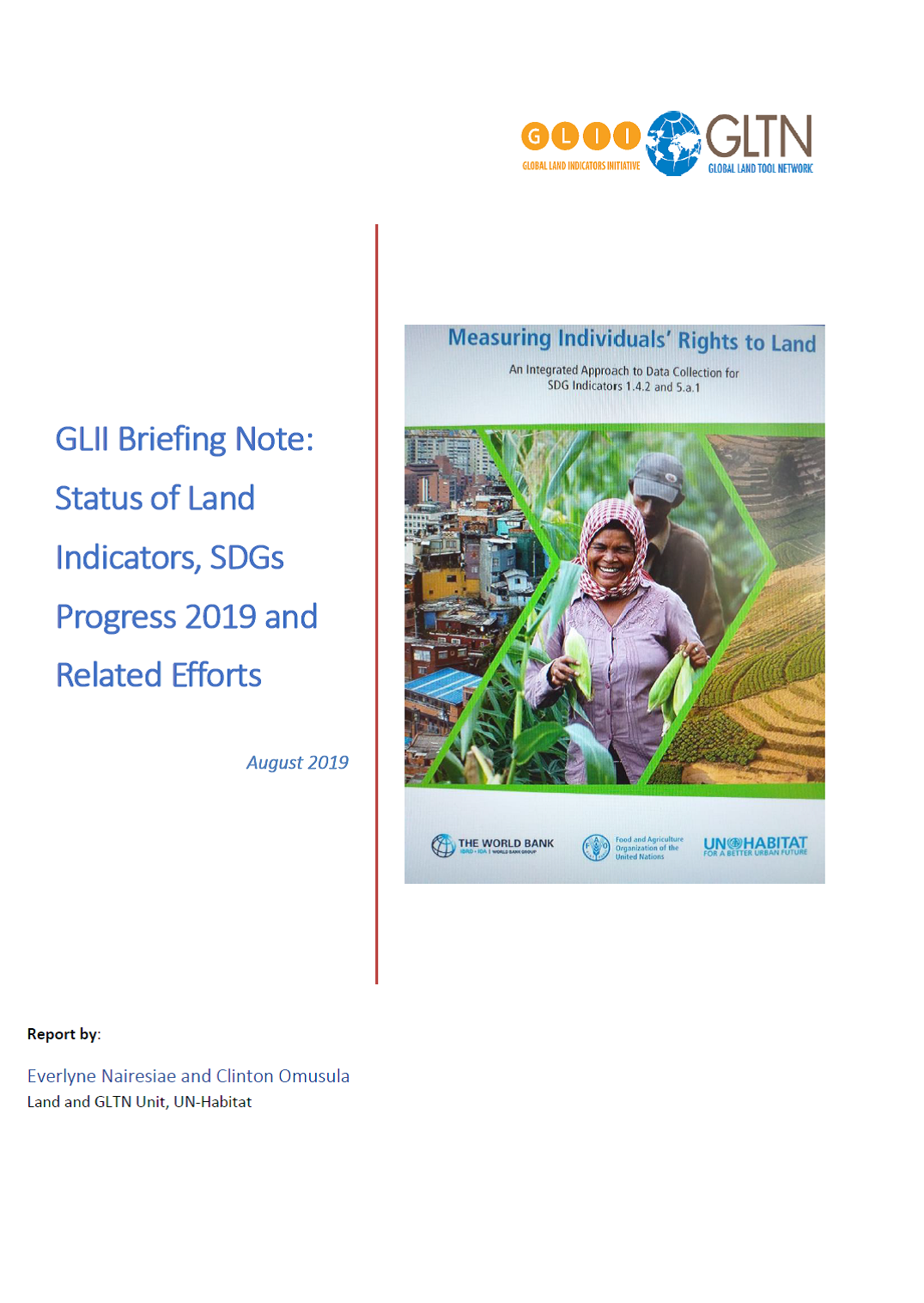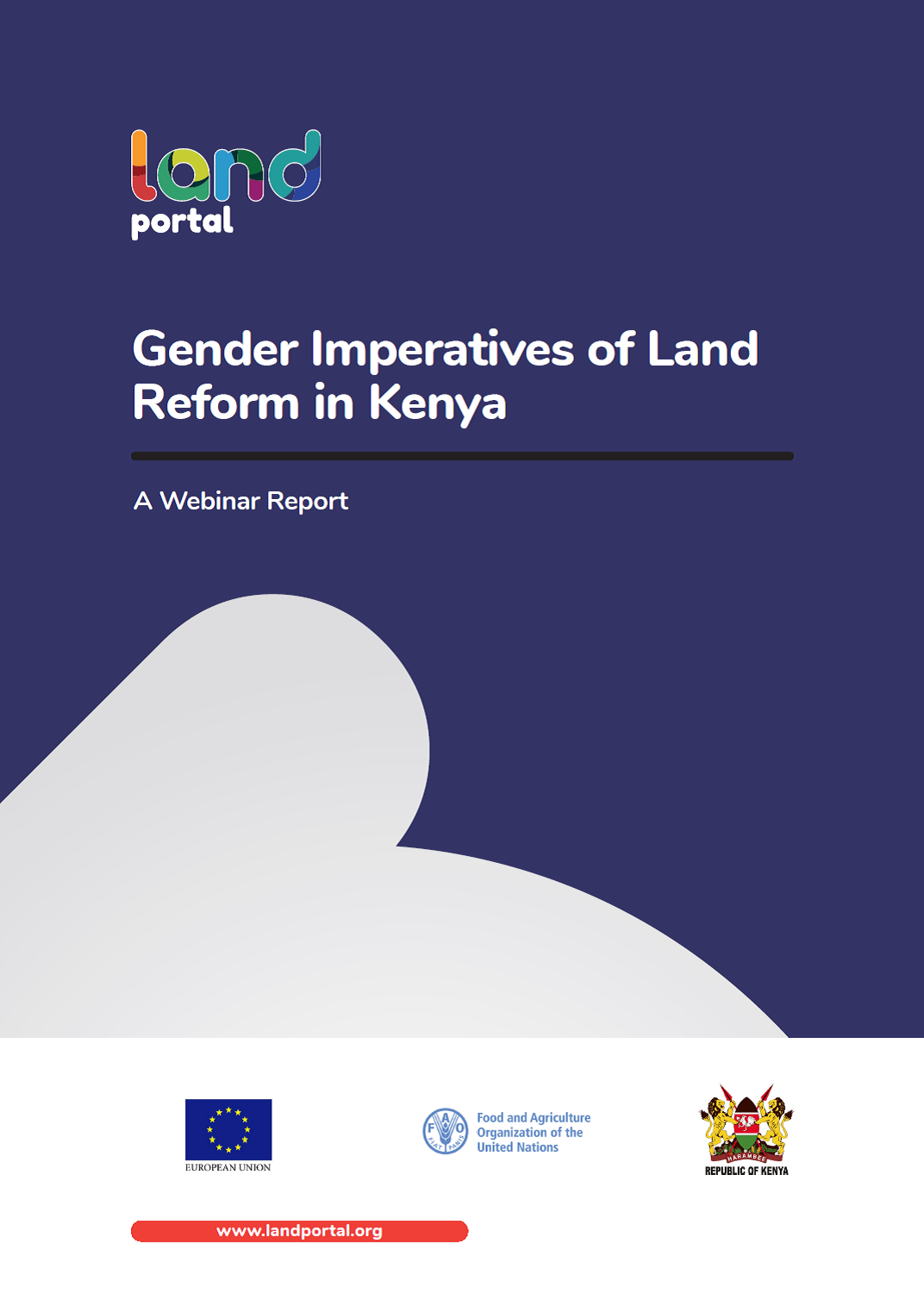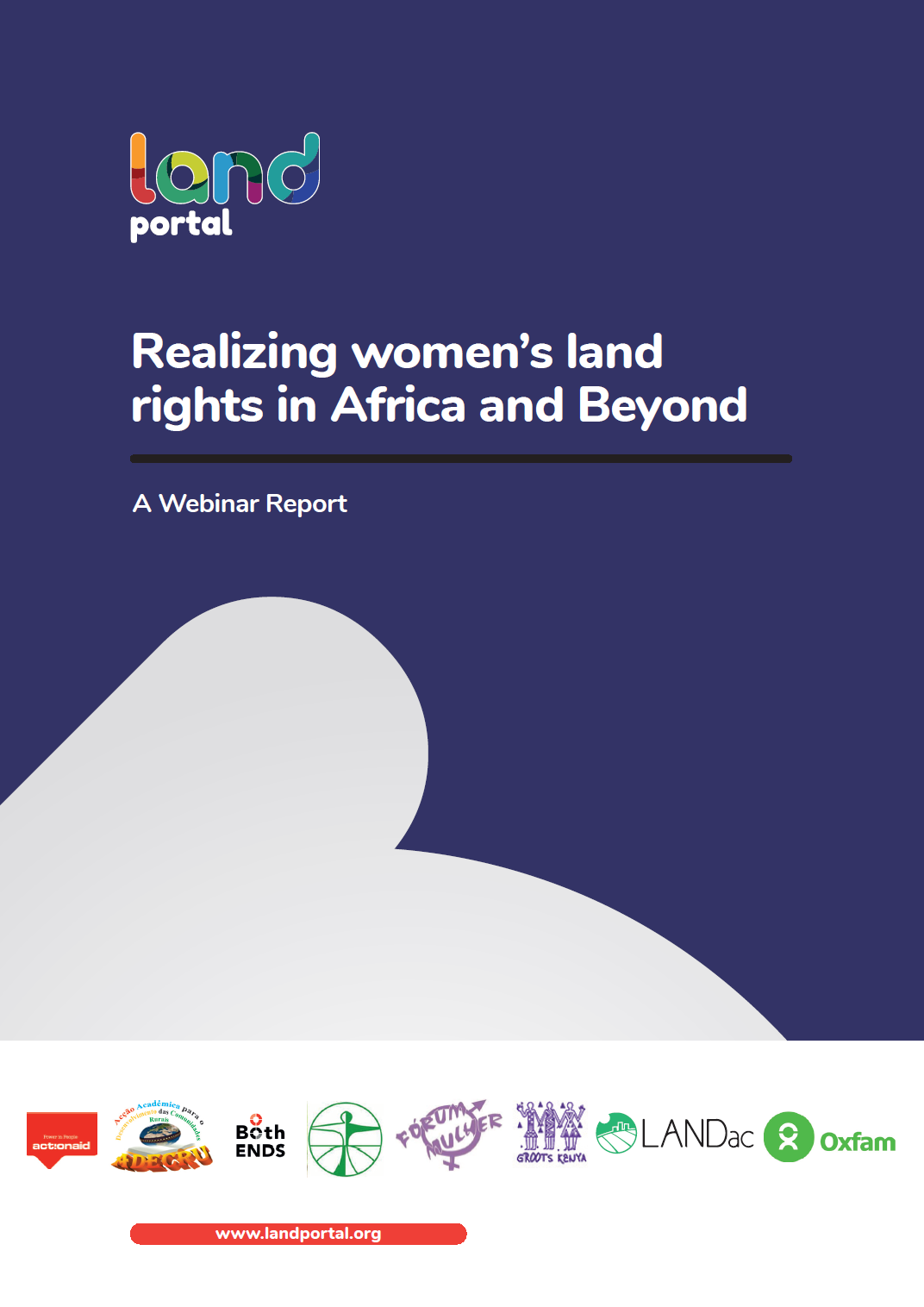L’accès au foncier sécurisé des femmes rurales du Tchad
L’économie tchadienne, à l’instar de beaucoup de pays d’Afrique subsaharienne, repose fondamentalement sur le secteur primaire (agriculture et élevage) qui fait vivre 80% de la population tchadienne (Kaou, 2002). Dans les zones rurales, sur les 78% de la population active, 53,9% est constitué par des femmes (FAO et CEEAC, 2021). Selon Oxfam et al. (2013), les productrices rurales représentent 40% de la population tchadienne, mais, elles gagnent moins d’argent que les hommes malgré qu’elles investissent plus dans l’alimentation du foyer.

